On the morning of April 12, 2025, the Chinese Yuan (CNY) exchange rate at Vietnamese banks was recorded at an average of 1 CNY = 3,545 VND.
VietinBank is the bank with the highest buying price, applying an exchange rate of VND 3,460 for cash and VND 3,600 for transfer.
On the other hand, MSB Bank is the place to buy cash at the lowest price, only 3,389 VND/CNY. Techcombank also listed the lowest transfer purchase price in the market with the exchange rate of 3,358 VND/CNY.
In the selling group, HDBank has the lowest cash selling price, only 3,549 VND/CNY, while Sacombank lists the lowest transfer selling price at 3,574 VND/CNY.
Indovina was the bank that sold cash at the highest price of the day, up to 3,799 VND/CNY. Meanwhile, LPBank and OceanBank led in the highest transfer selling price, both reaching 3,828 VND.
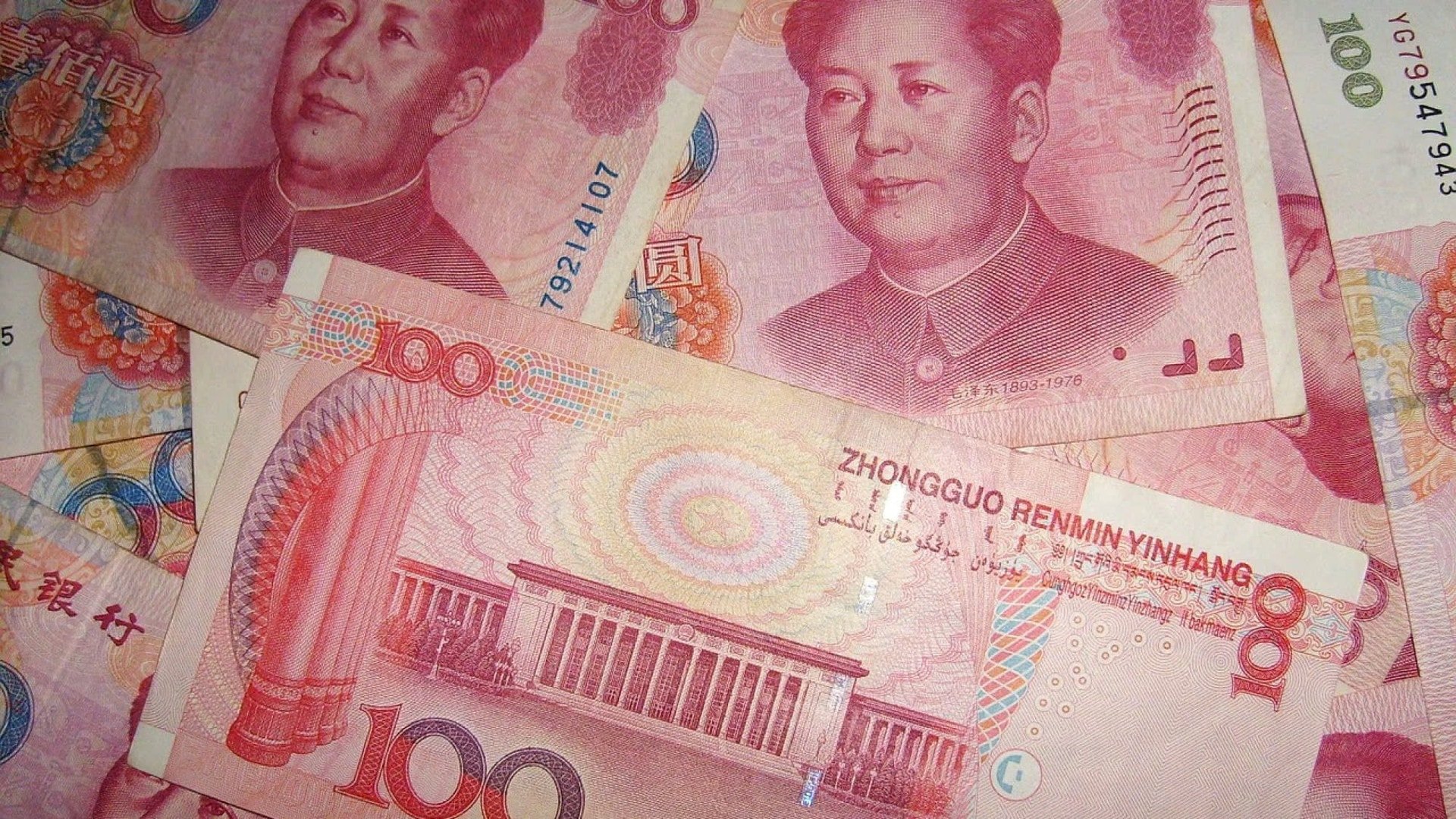
The offshore yuan fell to a record low of 7.4287 yuan per dollar this week after the People’s Bank of China (PBOC) set its weakest reference rate since 2023. At the same time, the onshore rate also fell to 7.3509 – its lowest level since 2007, according to data from LSEG.
While the US has reduced tariffs for many other countries, China remains the exception, continuing to bear high tariffs. Beijing has responded with new tariffs on imports from the US.
At the same time, the People's Bank of China is also said to have asked banks to limit their purchases of US dollars. However, the foreign exchange market remains skeptical and the yuan continues to depreciate.
China is unlikely to use a weakening of the yuan as a weapon in its escalating trade war with the United States, fearing the move could destabilize financial markets, according to experts interviewed by CNBC.
The development has sparked speculation that Beijing could allow its currency to fall further to cushion the impact of new tariffs imposed by US President Donald Trump.
But analysts warn that a sharp devaluation of the yuan could have the opposite effect, triggering capital flight from China—something policymakers are trying to prevent. In fact, the currency has since rebounded on both domestic and foreign markets.
In a survey of 11 experts, the majority did not believe that the yuan would continue to depreciate in the long term. Instead, they believed that China would choose a controlled and gradual exchange rate adjustment.
Joey Chew, head of Asian currency research at HSBC, said China would not use yuan devaluation as a tool for trade retaliation, noting that a rapid depreciation could undermine consumer confidence and trigger capital flight.
In 2015, China faced a similar situation when it devalued its currency, causing capital flight of nearly $700 billion, according to data from the Institute of International Finance.
With China’s economy slowing and high US tariffs threatening to stifle exports, a new wave of capital flight would make policymakers’ predicament even more difficult.
Source: https://baonghean.vn/ty-gia-nhan-dan-te-hom-nay-12-4-2025-tiep-tuc-truot-gia-10294966.html





![[Photo] Overcoming all difficulties, speeding up construction progress of Hoa Binh Hydropower Plant Expansion Project](https://vstatic.vietnam.vn/vietnam/resource/IMAGE/2025/4/12/bff04b551e98484c84d74c8faa3526e0)
![[Photo] Closing of the 11th Conference of the 13th Central Committee of the Communist Party of Vietnam](https://vstatic.vietnam.vn/vietnam/resource/IMAGE/2025/4/12/114b57fe6e9b4814a5ddfacf6dfe5b7f)



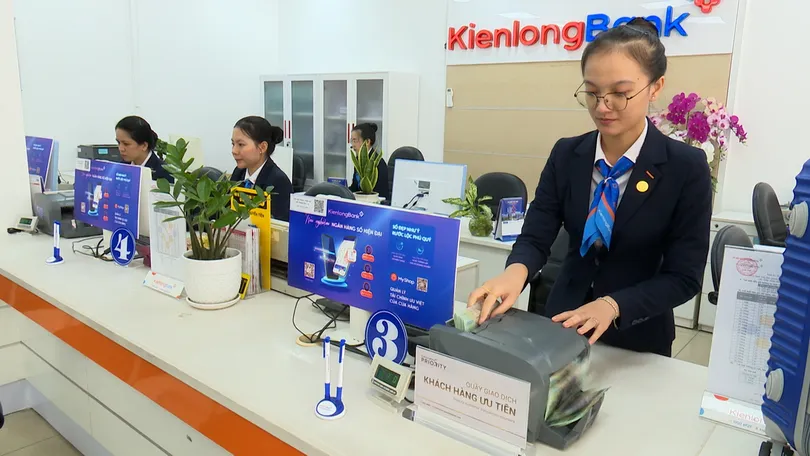

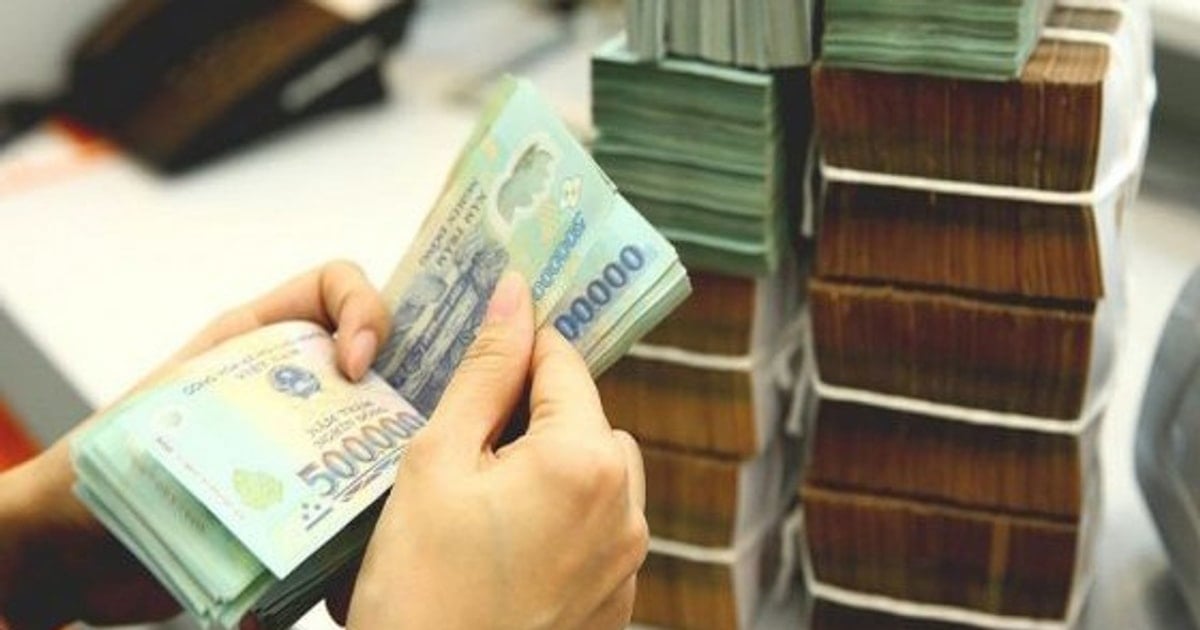






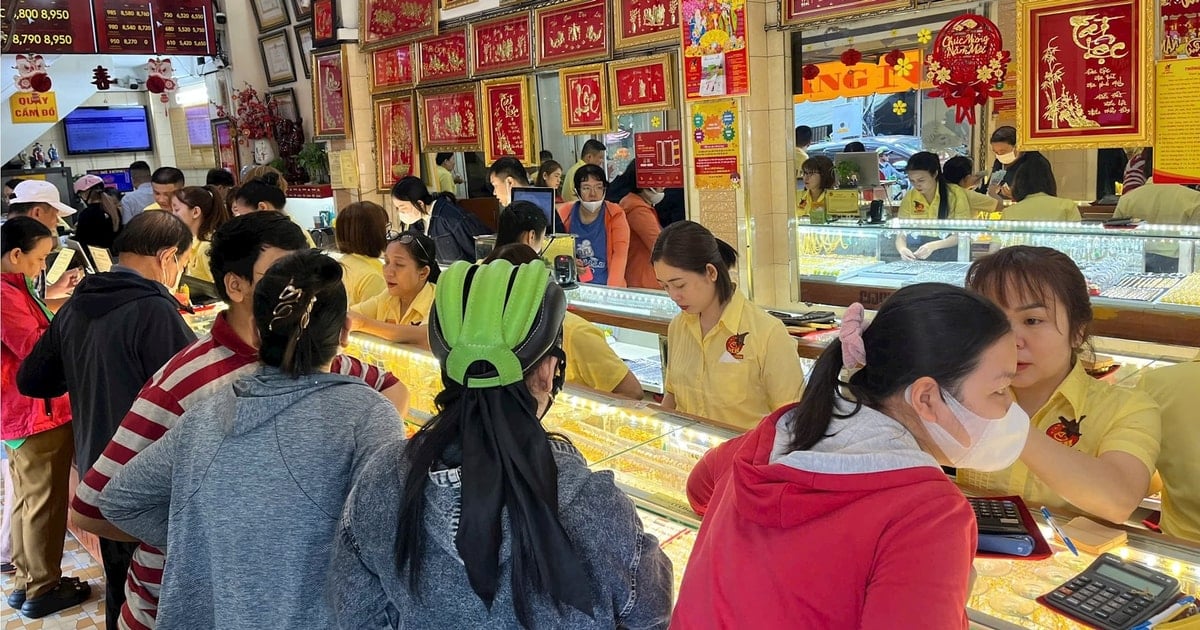


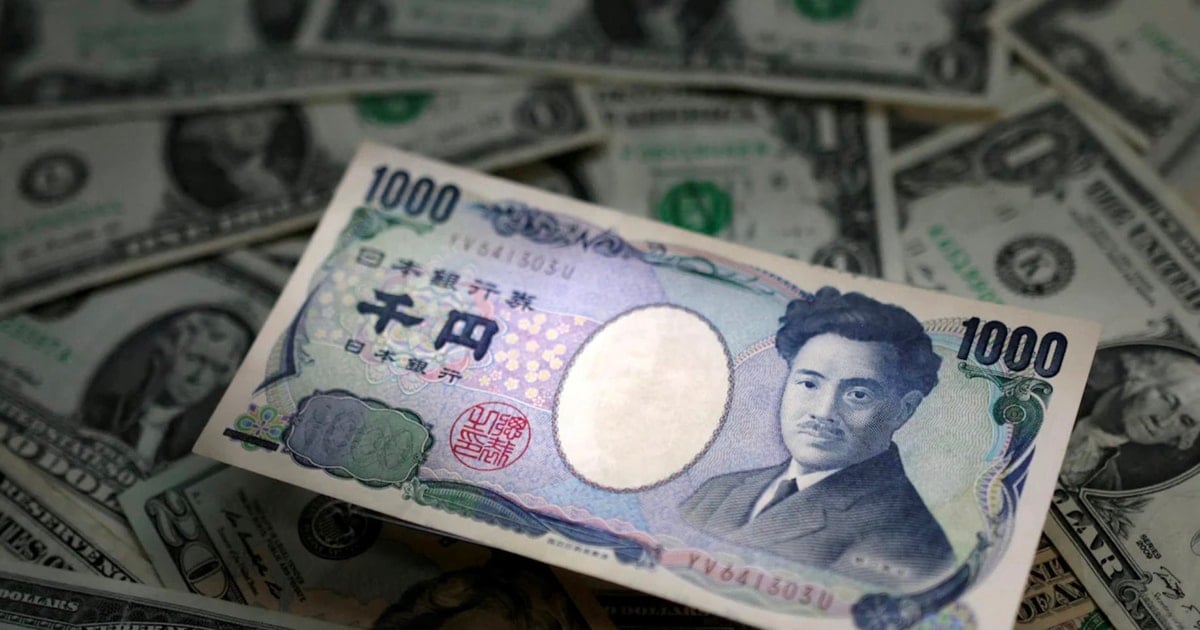
































































Comment (0)